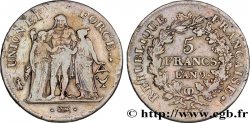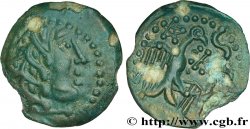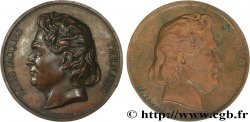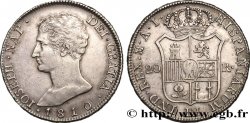Back 1/1
Live auction - fme_674246 - CONSULATE Médaille, Bataille de Marengo
You must signin and be an approved bidder to bid, LOGIN TO BID. Accounts are subject to approval and the approval process takes place within 48 hours. Do not wait until the day a sale closes to register. Clicking on "BID" constitutes acceptance of the terms of use of cgb.fr private live auctions.
Bids must be placed in whole Euro amounts only. The sale will start closing at the time stated on the item description; any bids received at the site after the closing time will not be executed. Transmission times may vary and bids could be rejected if you wait until the last second. For further information check the Live auction FAQ
All winning bids are subject to a 18% buyer’s fee.
All winning bids are subject to a 18% buyer’s fee.
| Estimate : | 250 € |
| Price : | 150 € |
| Maximum bid : | 175 € |
| End of the sale : | 03 August 2021 20:19:35 |
| bidders : | 1 bidder |
Type : Médaille, Bataille de Marengo
Date: 1800
Mint name / Town : Italie, Marengo
Metal : bronze
Diameter : 49,5 mm
Orientation dies : 12 h.
Engraver BRENET Nicolas-Guy-Antoine (1773-1846)
Weight : 59,07 g.
Edge : lisse
Puncheon : sans poinçon
Coments on the condition:
Patine marron hétérogène avec quelques taches noires et des traces de manipulation dans les champs. Présence de coups et rayures
Predigree :
Exemplaire de la collection Aymé Cornu
Obverse
Obverse legend : BONAPARTE PREMIER CONSUL DE LA RÉP. FRANCE // BATAILLE DE MARENGO / 25 ET 26 PRAIRIAL / AN 8..
Obverse description : Buste habillé à gauche de Napoléon, tête nue, entouré d’une couronne de laurier. Signé sur le tranché du bras : BRENET et D’AOUSTE prés de la couronne de laurier.
Reverse
Reverse legend : LE PREMIER CONSUL / COMMANDANT / L’ARMÉE DE RÉSERVE / EN PERSONNE : / ENFANS / RAPPELEZ-VOUS / QUE MON HABITUDE EST / DE COUCHER SUR LE CHAMP / DE BATAILLE..
Reverse description : Légende en neuf lignes horizontales.
Commentary
La bataille de Marengo (14 juin 1800), vit s'opposer une force française commandée par le général Napoléon Bonaparte, alors Premier consul, à l'armée impériale du Saint-Empire sous la direction du feld-maréchal baron Michael Friedrich Benedikt von Melas à Alexandrie, dans le Piémont, en Italie.
Les Impériaux tentent de profiter de l'allongement des lignes françaises, occupées à rechercher leur adversaire après la bataille de Montebello, pour traverser l'armée française. Les troupes des généraux Victor et Jean Lannes, obligées de faire retraite devant le gros de l'armée de Melas qui les attaque par surprise, sont soutenues en milieu de journée par les troupes que Bonaparte mène à leur secours. En fin de journée, l'arrivée des cavaliers du général Desaix permet aux Français, fort mal en point, de faire basculer l'issue de la bataille en leur faveur, au point de transformer leur retraite en déroute des Impériaux.
Après la défaite, les Impériaux négocient avec le général Bonaparte la fin de la guerre en Italie qui oblige notamment les troupes impériales à se replier au-delà du Tessin.
Ce fait d'armes permit à Napoléon d'asseoir un peu plus sa position au sein du triumvirat consulaire en tant que Premier consul après son coup d'État, au mois de novembre précédent. Malgré la mort de Desaix, la victoire est décisive pour la campagne d'Italie, et permet à Bonaparte de monter une opération de propagande fort importante, faisant passer la bataille à la postérité..
Les Impériaux tentent de profiter de l'allongement des lignes françaises, occupées à rechercher leur adversaire après la bataille de Montebello, pour traverser l'armée française. Les troupes des généraux Victor et Jean Lannes, obligées de faire retraite devant le gros de l'armée de Melas qui les attaque par surprise, sont soutenues en milieu de journée par les troupes que Bonaparte mène à leur secours. En fin de journée, l'arrivée des cavaliers du général Desaix permet aux Français, fort mal en point, de faire basculer l'issue de la bataille en leur faveur, au point de transformer leur retraite en déroute des Impériaux.
Après la défaite, les Impériaux négocient avec le général Bonaparte la fin de la guerre en Italie qui oblige notamment les troupes impériales à se replier au-delà du Tessin.
Ce fait d'armes permit à Napoléon d'asseoir un peu plus sa position au sein du triumvirat consulaire en tant que Premier consul après son coup d'État, au mois de novembre précédent. Malgré la mort de Desaix, la victoire est décisive pour la campagne d'Italie, et permet à Bonaparte de monter une opération de propagande fort importante, faisant passer la bataille à la postérité..







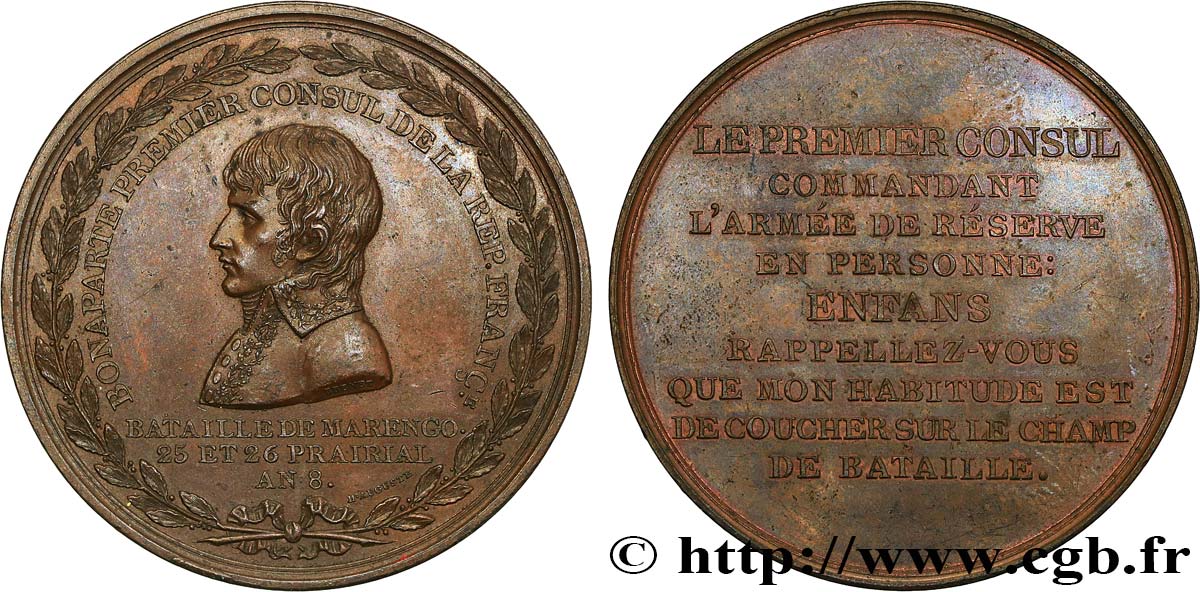
 Report a mistake
Report a mistake Print the page
Print the page Share my selection
Share my selection Ask a question
Ask a question Consign / sell
Consign / sell
 Full data
Full data

